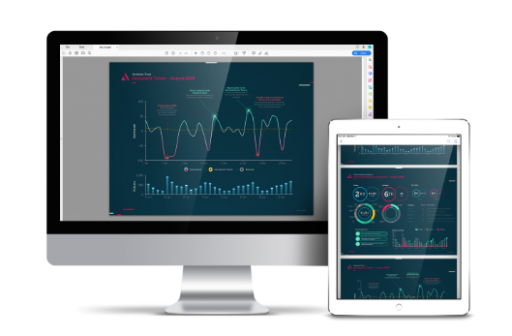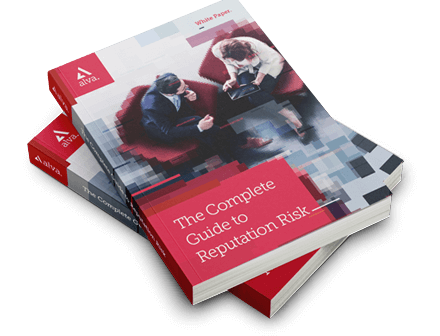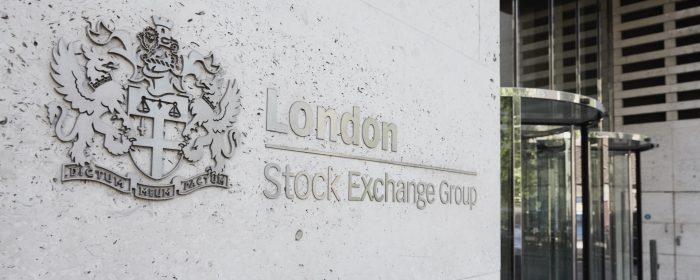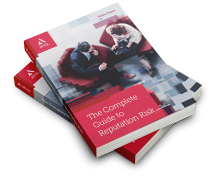COVID-19 and Reputation: Staffing Decisions
As the weeks of lockdown roll past, and finances – both private and public – stretch thin, organisations have been moving through the Phases of the Coronavirus pandemic. The data shows a shift from reactivity to recovery, and the three current phases can be defined as:
Shock Phase: In the initial days and weeks of Covid-19’s spread, the attitude among the business community was one of being “in this together”. In the main, companies reacted with selfless actions designed to mitigate the impact on their employees and support society’s vulnerable. Few appeared to be counting the cost.
Existential phase: After the first reactive phase, companies began contemplating accepted business practices, considering how things might have to change in the post-pandemic landscape. Stakeholders were questioning business practices. And organisations started to make pragmatic decisions for their own survival.
Recovery phase: We are seeing the very early stages of recovery, indicated by the back to work drive and reopening of some workplaces as government encourages businesses to start trading again.
The choices made now will not just have an economic impact, but a reputational one. The Recovery phase is marked by an increasing appetite for negative reporting. Across media channels, the celebration of lockdown heroes is being slowly replaced with growing condemnation of companies seen to be behaving in a self-interested rather than altruistic manner. And in no area is scrutiny more sharply focus than in that of staffing.
At this unprecedented time, almost every business is facing difficult decisions. The challenges to reopening while keeping staff safe are being weighed against the need to stay in business. The UK furlough scheme, intended to secure job retention, has been extended to October, but companies are being asked to share the cost. For some, the only way to stay in business is to reduce headcount.
Covid-19 has seen an initial shift in stakeholder dominance, away from shareholder primacy towards society and employees, but do these newly-influential groups have a complete understanding of the pressures businesses are facing? Will those making job cuts be seen as reactive, or failing to have their house in good order?
And for those continuing to furlough workers, there are also risks to reputation. While initially furloughing was a reputationally neutral position – people kept their jobs and had enough to live on – inciting little negative commentary, behaviours while under furlough can still sour opinions. Where public money is involved, emotions run high.
Reputational Balancing Act
There have been negative reactions to businesses claiming taxpayer money to cover employee salaries, and subsequently paying out to shareholders. Disney was subject to media backlash when it was revealed that low-paid theme park workers had been furloughed, yet millions in profits were paid in executive bonuses and dividends.
Others companies have been criticised for furloughing workers, and then later moving to make redundancies. British Airways put 23,000 employees on furlough at the start of the crisis, and has now announced that 12,000 will lose their jobs. Citing the collapse of the air travel industry, the airline stated that it cannot countenance taking public money indefinitely. But, as few could have predicted any other outcome for passenger transport, can the company justify the taxpayer money it has already received?
Other companies are choosing to reopen rather than cut employees – but this also has a reputational impact. Tesla founder Elon Musk ordered that production restart at the company’s California plant in defiance of the state’s public health order. But what he considers a victory for entrepreneurialism and investors could be putting workers who cannot afford to stay at home at risk.
These decisions won’t get any easier as lockdown continues and the economy contracts. But amid considerations of profit and loss, it will behove the far-sighted to evaluate the reputational impact of their actions. No one has been left unaffected by the pandemic, and those businesses perceived to be doing the right thing throughout the crisis – no matter how difficult – will emerge with loyal supporters and a more committed set of stakeholders.
Be part of the
Stakeholder Intelligence community











